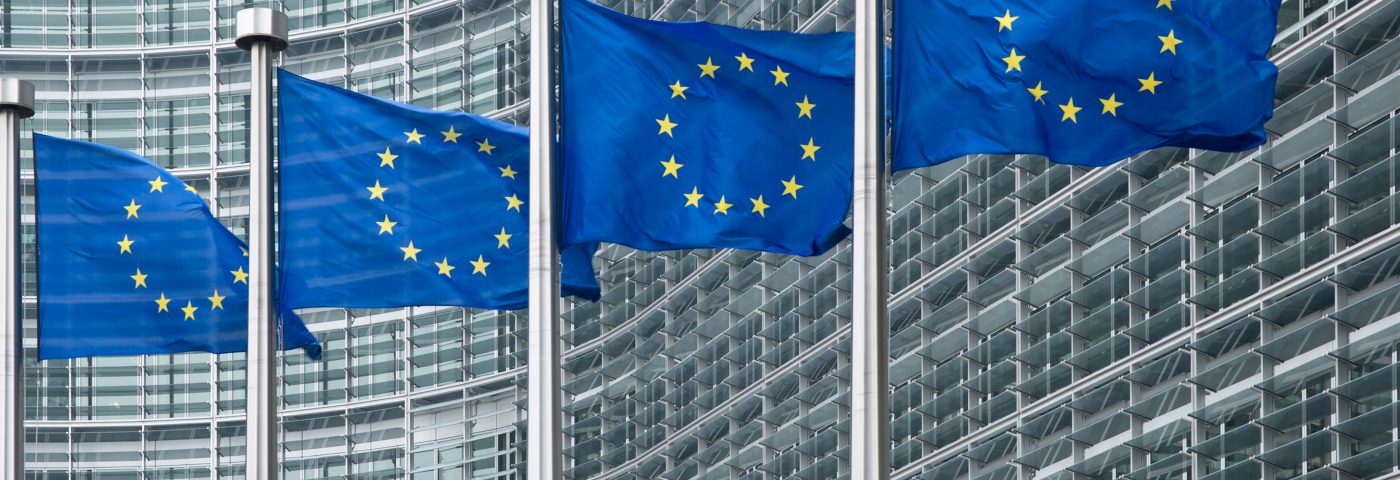The European Commission (EC) has conditionally approved, under accelerated assessment, Darzalex (daratumumab) for monotherapy of adults with relapsed or refractory multiple myeloma (MM), whose previous therapy included a proteasome inhibitor and an immunomodulatory agent in addition to demonstrated disease progression on the last therapy.
A product of Janssen-Cliag International NV, daratumumab is a first-in-class monoclonal antibody that targets CD38 – a surface protein that is highly expressed across MM cells regardless of disease stage. It induces rapid tumor cell death through apoptosis (programmed cell death) and multiple immune-mediated mechanisms of action.
Simply, daratumumab triggers the patients’ own immune system to attack cancer cells. Five Phase 3 clinical trials with daratumumab in relapsed and frontline settings are currently under way.
“Despite recent advances, multiple myeloma remains a complex, incurable disease, with relapse being inevitable in almost all patients,” said Jesús San Miguel, director of Clinical & Translational Medicine at Spanish Universidad de Navarra, in a press release. “With each relapse, the disease typically becomes more aggressive and more challenging to treat. Daratumumab has shown promising efficacy results and a manageable safety profile as a single agent for heavily pre-treated and refractory myeloma patients. Overall survival improved significantly in these patients, whose prognosis is typically very poor, and who therefore have the greatest need for new treatments.”
Dr. Sarper Diler, president of Myeloma Patients Europe, said the drug’s accelerated approval is fantastic news for patients because it addresses a major area of unmet need.
“However, there is still a lot of work to be done to ensure that daratumumab is available for patients in health systems across Europe,” Diler said.
The marketing authorization comes after the European Medicines Agency’s (EMA) European Committee for Medicinal Products for Human Use (CHMP) issued a positive opinion April 1, 2016. The approval allows for the marketing of daratumumab in all 28 member states and the three European Economic Area countries of the E.U.
Daratumumab’s EC approval was based on:
- Data from the Phase 2 MMY2002 SIRIUS study, published in The Lancet under the title “Daratumumab monotherapy in patients with treatment-refractory multiple myeloma (SIRIUS): an open-label, randomised, phase 2 trial.”
- Data from the Phase 1/2 GEN501 study, published in The New England Journal of Medicine under the title “Targeting CD38 with Daratumumab Monotherapy in Multiple Myeloma.”
- Data from three additional supportive studies.
Findings from a combined safety analysis of daratumumab demonstrated tolerability and clinical manageability as a monotherapy in heavily pre-treated patients. The most commonly reported adverse events in the Phase 2 MMY2002 SIRIUS trial were fatigue, anemia, nausea, thrombocytopenia, back pain, neutropenia and cough. The most common effects reported in the Phase 1/2 GEN501 study were fatigue, allergic rhinitis and fever.
Regarding efficacy, the GEN501 and MMY2002 SIRIUS trials showed that after a mean follow-up of 14.8 months, the estimated median overall survival for single-agent daratumumab in heavily pre-treated patients was 20 months. Overall response rate for the combined analysis was 31% and 83% of patients who achieved stable disease or better.
“The approval of daratumumab within an accelerated timeframe is a result of working with patient-focused urgency, delivering against unmet needs with transformational science and through strong collaborations,” said Jane Griffiths, chair person for Janssen’s Europe, Middle East and Africa Company Group. “We are delighted that daratumumab has been approved in Europe and will continue to study its potential across the treatment continuum in multiple myeloma and other tumor types.”


